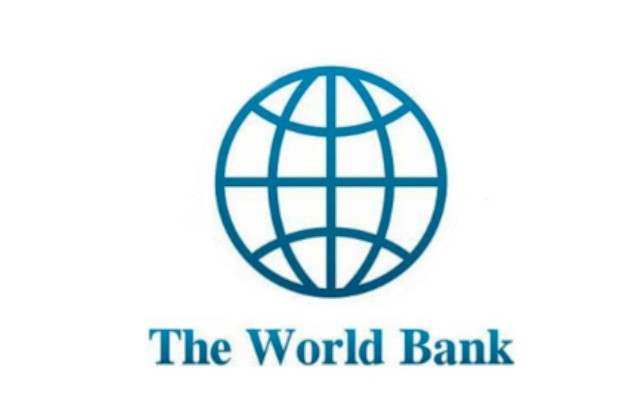News
20m More Nigerians Will Be Poor By 2022 -World Bank

The World Bank dropped a bombshell, yesterday, reporting that an additional 20 million Nigerians are likely to join the ranks of the poor in 2022, with the absence of measures to mitigate the twin impacts of the Covid-19 pandemic and the drop in crude oil prices.
The global bank added that the pandemic was disproportionately affecting the poor and most vulnerable, particularly women, and called for pragmatic measures to stem the tide.
The World Bank, in its Nigeria Development Update (NDU), noted that food insecurity has increased substantially, adding that economic precariousness was on the rise because unemployed workers have migrated to the low-productivity agricultural sector.
According to the bank, an average Nigerian will in the next three years see a reversal of decades of economic growth and the country could enter its deepest recession since the 1980s.
The report argues that this path could be avoided if progress in the current reforms was sustained and the right mix of policy measures quickly implemented
While acknowledging measures taken by the government since April, including the efforts to harmonise exchange rates, introduce a market-based pricing mechanism for gasoline, adjust electricity tariffs to more cost-reflective levels, and reduce non-essential expenditures and redirect resources towards the Covid-19 response, it said there is need for a greater policy response to the economic crisis.
It also highlights the greater transparency in the oil and gas sector and public debt as essential steps for a resilient recovery.
The World Bank’s Lead Economist for Nigeria and co-author of the report, Marco Hernandez, said: ‘Nigeria can build on its reform momentum to contain the spread of Covid-19, stimulate the economy, and enable the private sector to be the engine of growth and job creation.
‘It can also redirect public spending from subsidies that benefit the rich towards investments in Nigeria’s people and youth in particular, and lay foundations for a strong recovery to help make progress towards lifting 100 million people out of poverty.’
The report titled, “Rising to the Challenge: Nigeria’s Covid-19 response”, takes stock on the recently implemented reforms and proposes policy options to mitigate the impact of Covid-19 and foster a resilient, sustainable, and inclusive recovery.
The World Bank Country Director for Nigeria, Shubham Chaudhuri, while speaking on the report, said Nigeria is at a critical historical juncture, with a choice to make.
He added that “Nigeria can choose to break decisively from business-as-usual, and rise to its considerable potential by sustaining the bold reforms that have been taken thus far and going even further and with an even greater sense of urgency to promote faster and more inclusive economic growth.”
The latest World Bank NDU projects that the economy could shrink up to four per cent in 2020 following the twin shocks of Covid-19 and low oil prices.
It said the pace of recovery in 2021 and beyond remains highly uncertain and subject to the pace of reforms.
Looking ahead, the Bank, in the report, discusses policy options in five areas that would help mitigate the effects of the crisis and support Nigeria’s recovery.
The areas are managing the domestic spread of Covid-19 until a vaccine is available for distribution; enhancing macroeconomic management to boost investor confidence; safeguarding and mobilizing revenues; reprioritizing public spending to protect critical development expenditures, and supporting economic activity and access to basic services and providing relief for poor and vulnerable communities.
However, Nigeria’s $1.5billion facility would be placed before the World Bank Board for approval, next week, the Country Director (CD) for Nigeria, Mr. Shubham Chaudhuri, revealed, yesterday.
He said during a webinar on the latest Nigeria Development Update (NDU) that the facility was prepared to assist states in the tackling Covid-19 and to address governance issues.
According to the CD, Nigeria was on a fiscal cliff requiring courageous and urgent policy measures by the leaders to avoid the nation from falling so badly as to equal the 1980s’ experience, by 2022.
The World Bank Country Director for Nigeria, Said Chaudhuri, “Nigeria is at a critical historical juncture, with a choice to make.
“Nigeria can choose to break decisively from business-as-usual, and rise to its considerable potential by sustaining the bold reforms that have been taken thus far and going even further and with an even greater sense of urgency to promote faster and more inclusive economic growth.”
News
HoS Hails Fubara Over Provision of Accommodation for Permanent Secretaries

News
Allegation of Disrespect to President Tinubu Unfounded — Rivers Government

News
Rivers Government Dismisses Allegations of Disrespect to President Tinubu


